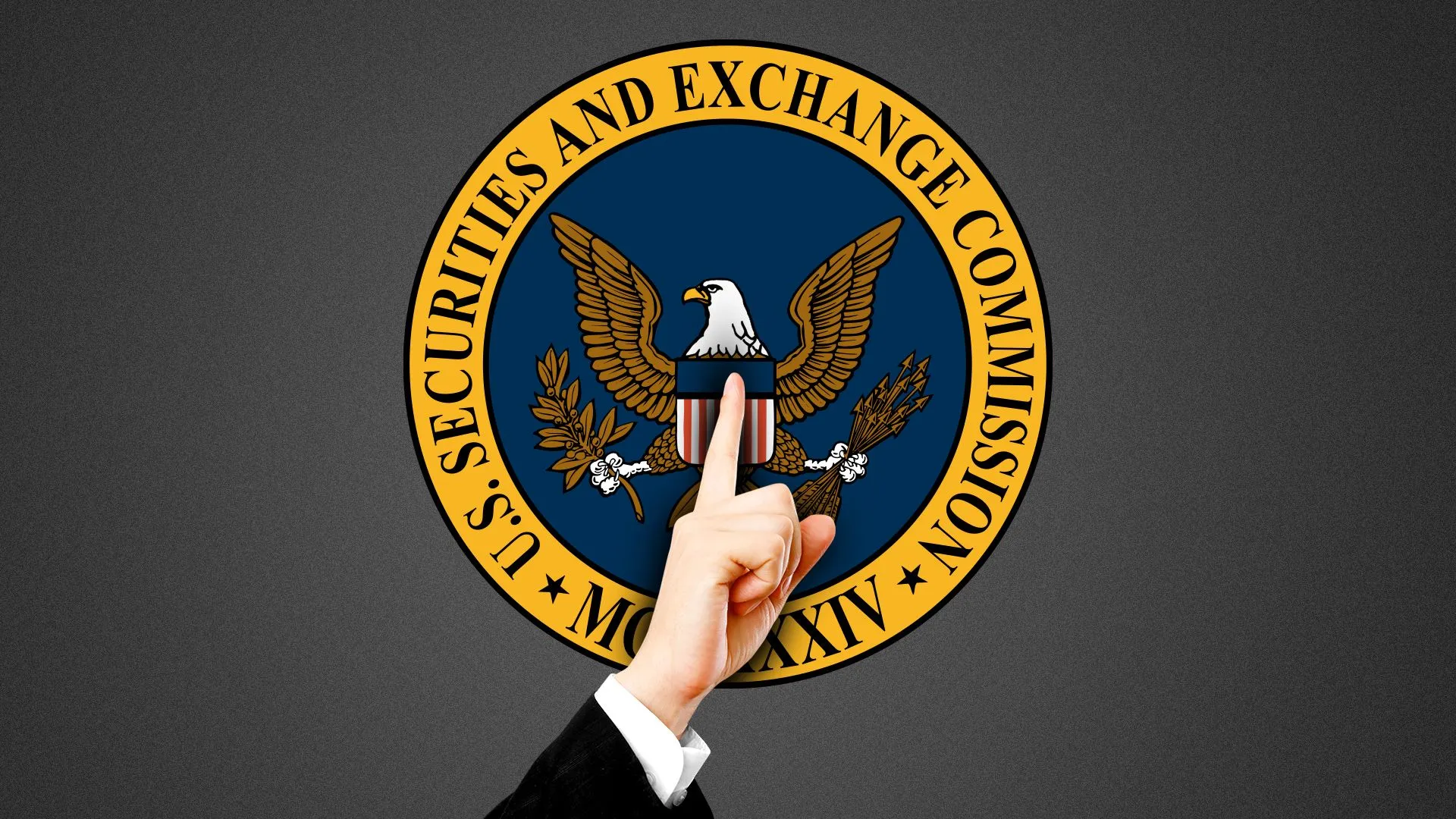|
Getting your Trinity Audio player ready...
|
Encountering unfamiliar legal terms can be unsettling. One such term, the “Wells notice,” can trigger worry for investors. But what exactly is a Wells notice, and how should investors react if they or a company they’ve invested in receives one?
What is a Wells Notice?
A Wells notice is a formal notification issued by the Securities and Exchange Commission (SEC) informing an individual or company that the SEC is considering taking legal action against them for potential violations of securities laws. Named after John Wells, a former SEC general counsel who helped establish the process, it signifies the conclusion of an investigation where the SEC has found evidence of wrongdoing.
Why Should Investors Care?
While receiving a Wells notice doesn’t guarantee legal action, it’s a significant development. Here’s how it can impact investors:
- Stock Price Fluctuations: News of a Wells notice can lead to a drop in the company’s stock price, causing financial losses for investors.
- Investor Uncertainty: The potential legal issues can raise concerns and decrease investor confidence in the company, impacting future investment decisions.
- Company’s Future: Depending on the severity of the alleged violations, legal proceedings could have lasting consequences for the company’s financial health and future prospects.
The Wells Notice Process: A Chance to Respond
The good news? A Wells notice isn’t a final verdict. It’s an opportunity for the recipient to address the SEC’s concerns and present their case. Here’s a typical breakdown of the process:
- Investigation: The SEC investigates potential securities law violations to determine if there’s enough evidence for legal action.
- Notification: If the evidence is substantial, the SEC issues a Wells notice outlining the specific accusations and providing a deadline for a response. A recent example is the Wells notice received by Coinbase in March 2023 regarding potential violations related to its digital asset offerings.
- Response: The recipient has the right to respond in writing or request a meeting with the SEC to explain their position and provide any mitigating factors. This response should be crafted with the help of a qualified securities lawyer.
- Decision: Based on the response and any additional information gathered, the SEC decides whether to pursue legal action, such as filing a lawsuit or seeking fines.
How Investors Can Respond to a Wells Notice
While investors themselves typically wouldn’t receive a Wells notice directly, it’s crucial to stay informed, especially if a company they’ve invested in receives one. Here are some general recommendations:
- Consult a Financial Advisor: Seek guidance from a qualified financial advisor to understand the potential impact on your investment.
- Monitor News and Updates: Stay informed about the situation by following news reports and official company announcements.
- Consider Diversification: A Wells notice can be a reminder of the importance of diversification in your investment portfolio.
The Difference Between Wells Notices and Subpoenas
Both are legal tools used in investigations, but they serve different purposes:
- Wells notice: Informs about potential enforcement action.
- Subpoena: Demands documents, testimony, or other evidence.
For instance, in February 2023, Robinhood received a subpoena from the SEC regarding its cryptocurrency operations.
Preventing a Wells Notice: Proactive Compliance
While not foolproof, here are steps companies and individuals can take to minimize the risk of a Wells notice:
- Comply with Regulations: Ensure adherence to all applicable securities laws and disclosure requirements.
- Robust Compliance Programs: Establish strong internal programs that educate employees about legal obligations and the consequences of non-compliance.
- Regular Reviews: Conduct regular reviews of financial and operational disclosures to ensure accuracy and completeness.
- Open Communication: Maintain open communication with regulators, investors, and stakeholders.
- Seek Expert Advice: Work with legal and financial professionals who can advise on compliance issues.
Also Read: Don’t Get Rekt: 5 Practical Strategies to Make Money in Crypto Today
Beyond the Wells Notice: Additional Resources for Investors (SEO Optimized)
The world of securities law can be complex. Here are some valuable resources for investors seeking further information:
- Securities and Exchange Commission (SEC): The SEC website (https://www.sec.gov/) provides a wealth of information about securities laws, enforcement actions, and investor resources.
- Financial Industry Regulatory Authority (FINRA): FINRA (https://www.finra.org/) is a self-regulatory organization that oversees securities firms and brokers. Their website offers resources on investor education and protection.
- Investment News Websites: Reputable financial news websites often publish articles and explainers on legal and regulatory issues impacting investors.
- Securities Attorneys: Consulting with a qualified securities attorney can provide personalized guidance on specific situations and legal concerns.
By staying informed and taking a proactive approach, investors can navigate the ever-evolving investment landscape with greater confidence. Remember, knowledge is power, and understanding the Wells notice process is a valuable step towards informed.
Disclaimer: The information in this article is for general purposes only and does not constitute financial advice. The author’s views are personal and may not reflect the views of Chain Affairs. Before making any investment decisions, you should always conduct your own research. Chain Affairs is not responsible for any financial losses.
I’m a crypto enthusiast with a background in finance. I’m fascinated by the potential of crypto to disrupt traditional financial systems. I’m always on the lookout for new and innovative projects in the space. I believe that crypto has the potential to create a more equitable and inclusive financial system.




